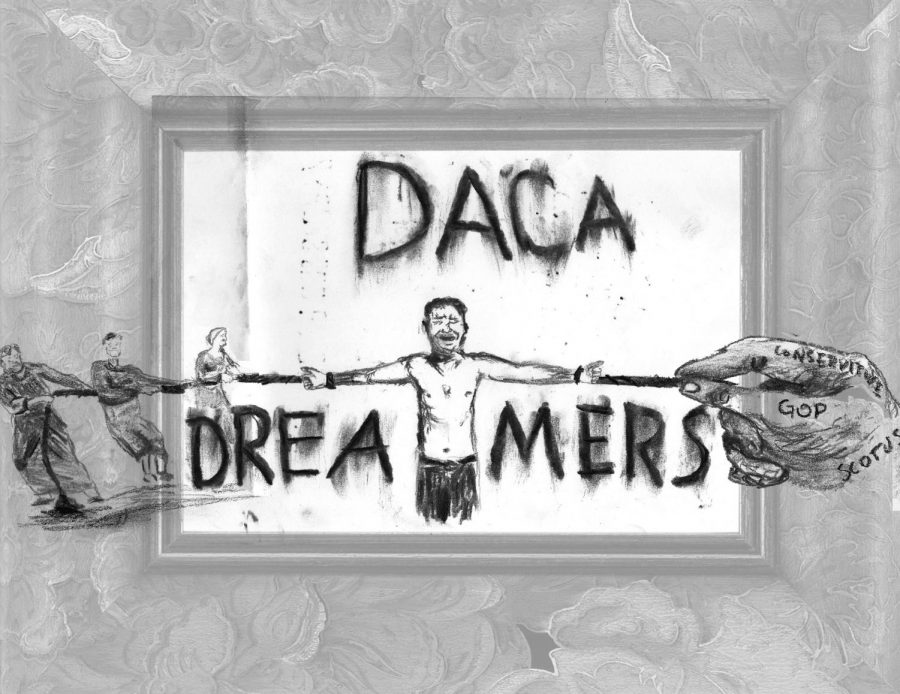Nunca te olvides
Oct 24, 2018
Similar to fractured families coming together at a funeral, communities tend to rally around its members in times of need or when navigating adverse situations.
However, when momentum is lost and the crowds have gone home, who will remain to support the people left most vulnerable?
That sentiment is echoed at Contra Costa College and was recently on display as many students on campus felt the ire of President Donald Trump through his failed attempt to end Deferred Action for Childhood Arrivals (DACA).
Sentiments became reality last Thursday when both of that day’s events scheduled for DACA week were canceled because administrators seemed to blow it off.
According to student organizers, no notice or reason was given for the administrative absence.
As a response, a call for accountability has been raised by event organizers toward the members who promised to come.
During the height of the undocumented students’ anxiety regarding their collective futures, many campus administrators made a concerted effort to show support for their students.
Some continue to work to provide personal assistance to migrant students.
However, as the months passed, enthusiasm toward maintaining that same level of support has waned.
Even though a federal court ordered the United States Citizenship and Immigration Services (USCIS) to resume the requests to renew a grant of deferred action under DACA, students on campus still feel the same anxiety of being trapped inside the president’s cross-hairs.
Recently, news outlets have covered the migration of a caravan of asylum seekers hoping to make a new life away from impoverished home-countries.
These images are plastered alongside comments by presidential supporters stating these migrants are coming to replace American citizens.
Even though there are nearly 3,000 miles between CCC and Tecun Uman, Guatemala where migrants from Central America entered Mexico on a literal path-to-prosperity last week, their impact is already being felt in the U.S.
With no way to actively confront these people who have been portrayed as would-be invaders, fearful Americans turn their contempt toward their nearest, most vulnerable target, members of the undocumented community.
To date, the FBI has only released hate crime statistics up to 2016, many independent reports chart a definite increase.
According to a report by the Center for the Study of Hate and Extremism from Cal State-San Bernardino, hate crimes reported to police in America’s 10 largest cities rose 12.5 percent in 2017.
Much was made about the sanctuary status of this campus and its promise of empathy toward undocumented students.
Support is not only meant for crisis situations, it’s meant for students whose normal means constantly being under attack.


